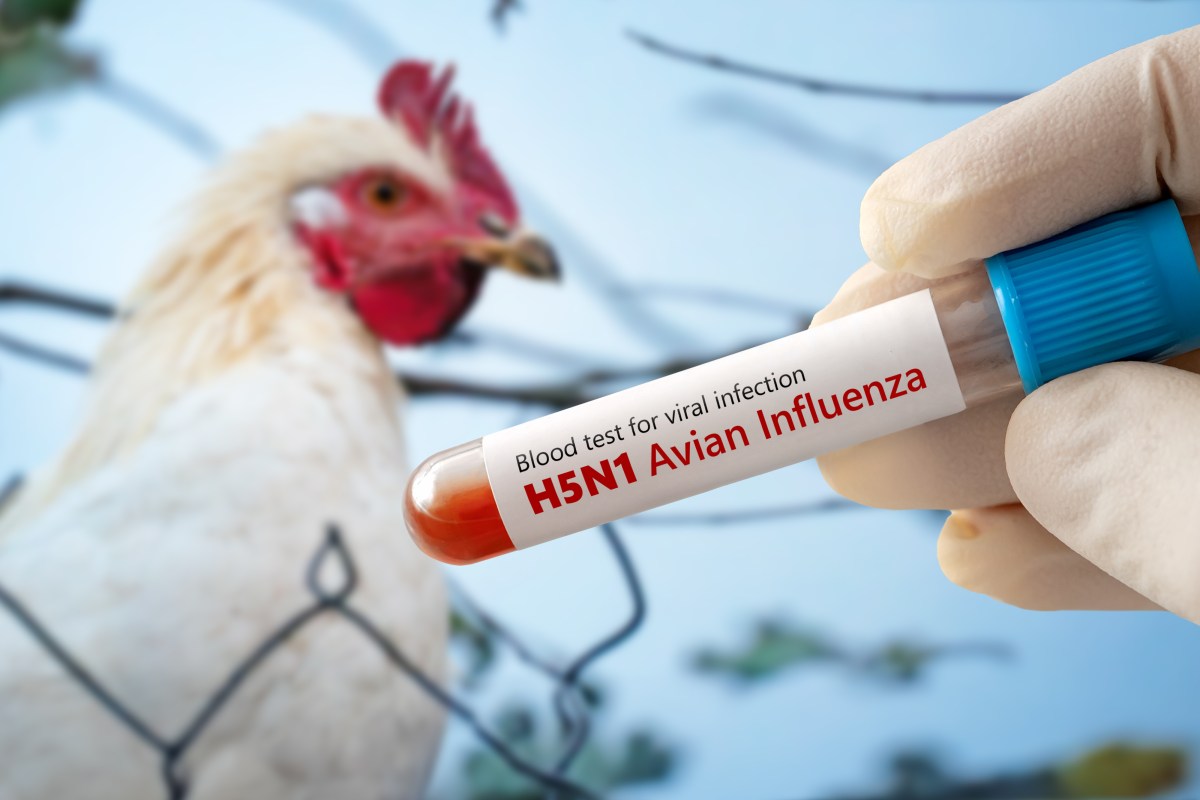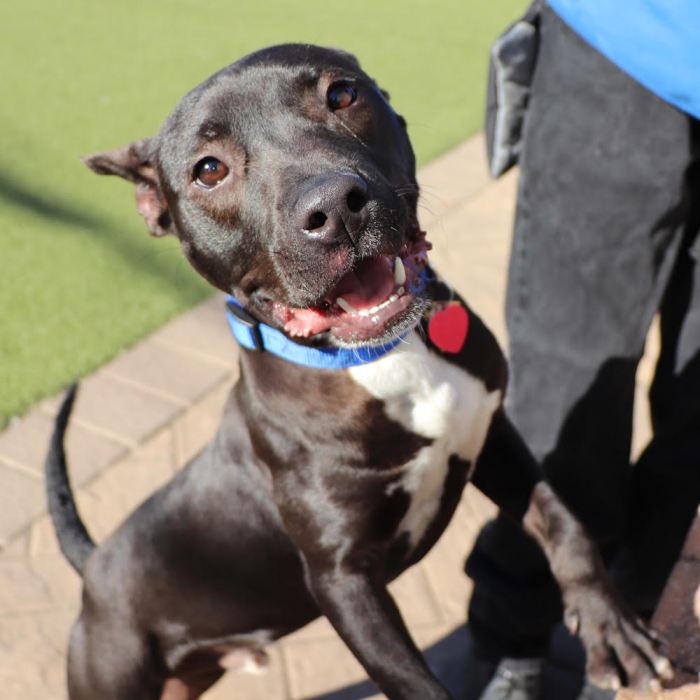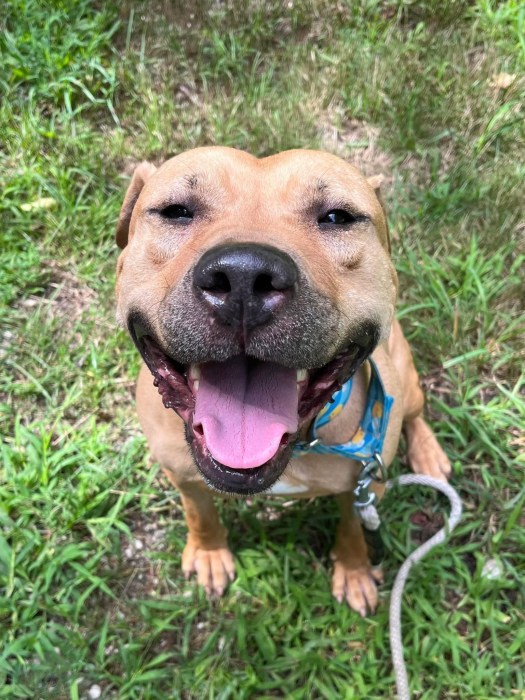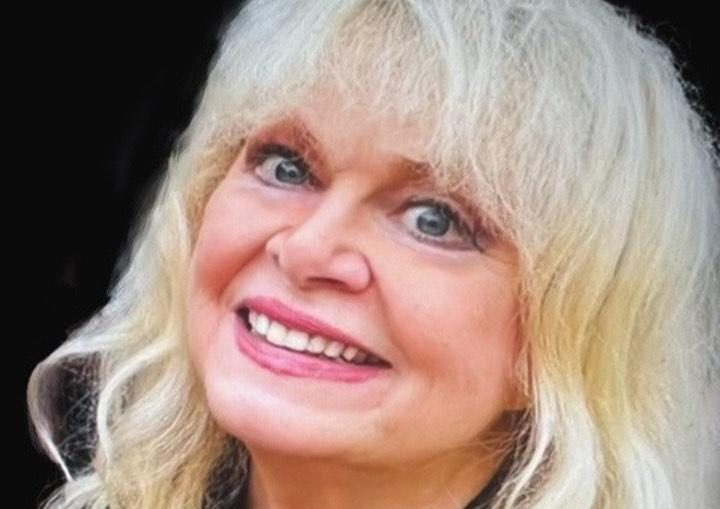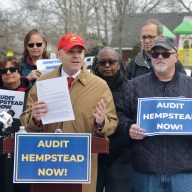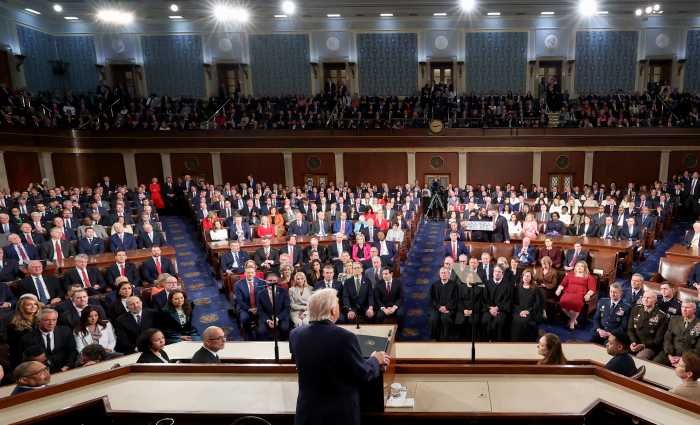A recent surge in bird flu outbreaks has raised serious concerns about the public health risks associated with live animal markets and factory farms. Experts warn that these facilities, including those on Long Island and in New York City, provide the perfect conditions for the rapid spread of avian influenza, creating a potential public health crisis.
New York City alone is home to over 70 live animal markets, where birds and other animals are confined in overcrowded, unsanitary conditions before being slaughtered for sale. These environments are a breeding ground for infectious diseases, including highly pathogenic avian influenza. This past March, outbreaks were reported in seven live markets, affecting thousands of birds. Similar conditions exist on Long Island, where factory farms continue to endanger both animals and humans.
Advocates argue that live animal markets and factory farms must be shut down to prevent further outbreaks. Edita Birnkrant, Executive Director of NYCLASS and a Queens resident, has been vocal about the dangers posed by these markets. “The alarming surge in bird flu affecting seven wet markets and thousands of birds in just one week in March validates that there is simply no way to operate wet markets in New York City during a bird flu crisis without endangering public health,” she said.
Investigations into live markets continue to reveal horrific conditions, where multiple species of sick birds and other animals are crammed into filthy, overcrowded cages while the public walks in and out with no restrictions or safety measures. Despite repeated warnings from animal welfare advocates and public health experts, Governor Kathy Hochul has failed to act.
“Governor Hochul should have shut down the markets in February until there was a handle on bird flu, as we called for,” Birnkrant said. “Instead, the Governor is allowing bird flu to flourish in poorly regulated slaughterhouses located in densely populated neighborhoods with zero PPE or safety requirements for the public when they enter.”
Here on Long Island, the latest bird flu outbreak has led to the mass extermination of 100,000 ducks at Crescent Duck Farm — the last remaining factory farm raising ducks in the region. Humane Long Island, an advocacy group located just miles away from Crescent, warns of the severe risks posed by these operations, stating that Crescent kills over a million 6-week-old ducklings a year, subjecting them to such filthy, horrific conditions that workers cut off the ends of the ducklings’ beaks in infancy to lessen their ability to self-harm and cannibalize one another in the face of extreme cruelty.
Beyond animal welfare concerns, factory farms like Crescent pose an enormous public health risk. Humane Long Island warns that when avian influenza — which has a human morbidity rate of 50% — mutates to achieve human-to-human transmission, it’s going to make COVID—which has a 0.5% morbidity rate — look like the common cold.
Despite the ongoing outbreaks, there are no meaningful measures in place to prevent the spread of bird flu. Infected birds continue to be trucked in from factory farms like Crescent Duck Farm, where little to no avian flu testing is done before animals are sent to slaughter.
Advocates are pushing for legislative action to address these risks. Pending New York State legislation would shut down live animal markets and create a safety task force to determine whether these facilities can operate safely at all. Birnkrant urged public officials to prioritize public health over economic interests before the consequences become catastrophic. “For New Yorkers concerned about the risks, advocating for policy changes and supporting stricter regulations can be a critical step toward protecting public health and animal welfare,” she said.




